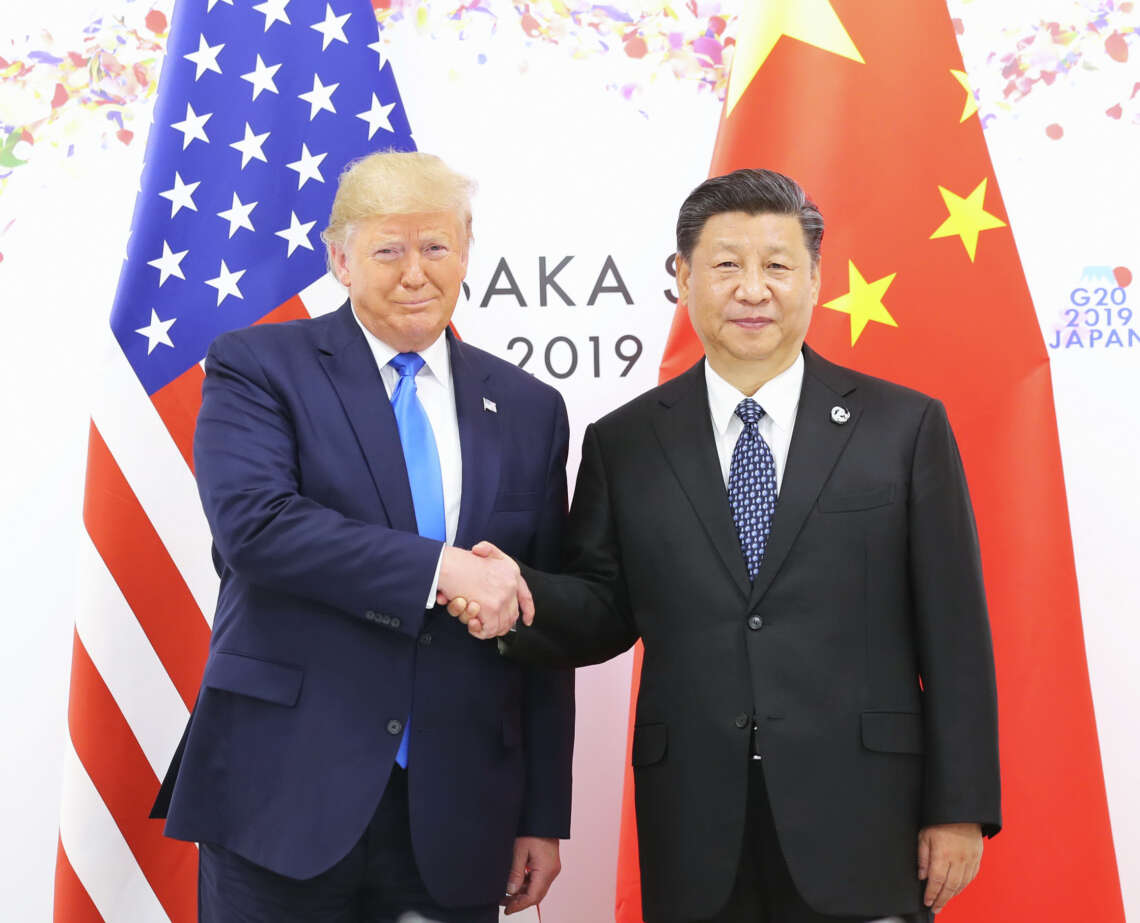Beijing’s large infrastructure projects and efforts to suppress Tibetan culture are driving the region toward a major crisis….reports Asian Lite News
China’s assertive policies in Tibet are raising growing concerns about environmental stability and cultural repression, according to a report by The Diplomat.
Tibet plays a crucial role as the “Third Pole” with its vast glaciers and major rivers, but Beijing’s large infrastructure projects and efforts to suppress Tibetan culture are driving the region toward a major crisis.
The Diplomat emphasised that in early January, a powerful 6.8 magnitude earthquake struck Dingri county in Tibet, highlighting the region’s fragile geological stability. The earthquake, which triggered thousands of aftershocks and affected neighbouring countries, came just days after China announced plans to build one of the largest hydroelectric projects in the world on the Yarlung Tsangpo River.
According to the Diplomat, critics have linked such developments to heightened seismic risks, arguing that China’s relentless exploitation of Tibet’s natural resources not only threatens ecosystems but exacerbates the potential for natural disasters.
The government’s pursuit of large-scale infrastructure projects in this ecologically sensitive and seismically active region is viewed by many as reckless, especially as it seems driven by political and economic motives rather than the well-being of the Tibetan people or the environment.
According to the Diplomat, the United Nations and global climate organizations, such as the Intergovernmental Panel on Climate Change (IPCC), have recognized Tibet’s vulnerability to climate change, but still, the response has been weak.
The premier international current affairs magazine for the Asia-Pacific region further lamented that the ecological toll of Tibet is compounded by Beijing’s increasing repression of Tibetan culture and religion. The Chinese Communist Party (CCP) has intensified its control over Tibetan Buddhism, seeking to assert dominance over the reincarnation of the Dalai Lama, one of Tibet’s most revered spiritual leaders.
In a bid to solidify its control, Beijing has used forced approvals to dictate the future of the Dalai Lama’s institution, undermining the religious autonomy of Tibetans. This move is part of a broader strategy of sinicization, which includes erasing Tibetan language and history from public discourse. The CCP’s insistence on referring to Tibet as “Xizang” rather than its traditional name further diminishes the region’s cultural identity.
A report from the New York Times highlighted that Beijing’s policies have led to the forced relocation of Tibetan children, placing them in state-run boarding schools in an attempt to sever their ties to their heritage and instil loyalty to the Chinese state. These efforts reflect China’s broader plan to eliminate Tibetan cultural practices and replace them with values aligned with the Party’s ideology.
The Diplomat further reported that the Dalai Lama, who has long advocated for environmental responsibility and cultural preservation in Tibet, has repeatedly called for global action to safeguard the region.
However, with China’s increasing control and the global community’s failure to act decisively, Tibet’s future remains at risk. The relentless exploitation of its natural resources and the erosion of its cultural identity are threats that, if left unchecked, could have devastating consequences for the region and the billions who depend on its ecological stability. (ANI)
ALSO READ: Karachi Police Under Fire Ahead of Zardari’s China Visit
ALSO READ: China slams Vance’s ‘authoritarian’ remarks














